Why Swimming Should Be Your Child’s First Sport
The Most Important Sport Isn’t Played. It’s Learned—in the Water. {% video_player "embed_player" overrideable=False, type='hsvideo2',...
2 min read
Laura Dravenstott : Sep 25, 2018 10:38:31 PM
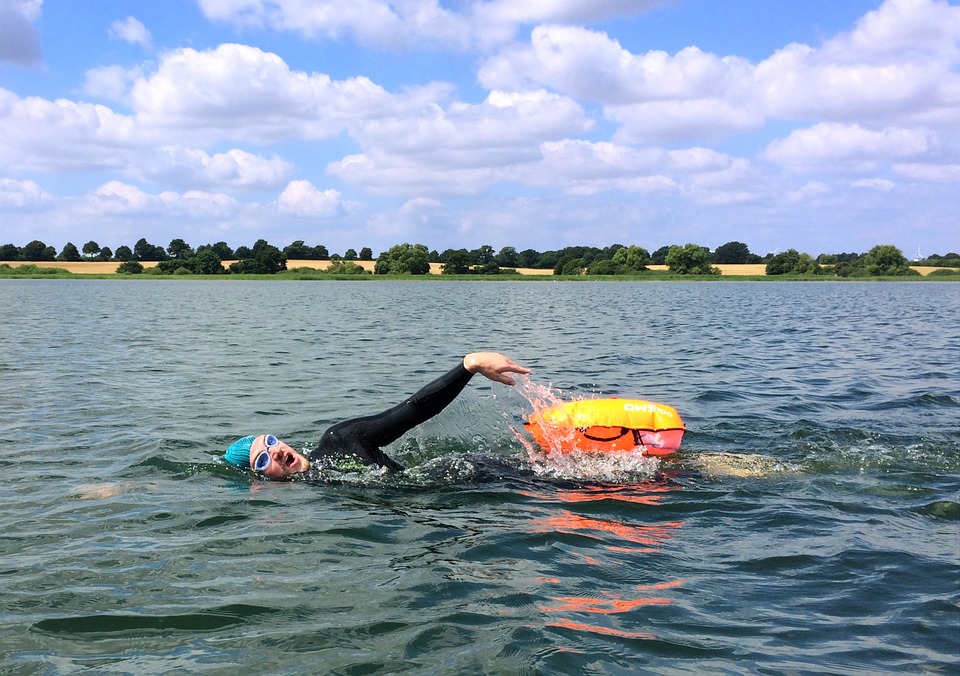

A recent case study reported in the British Medical Journal and subsequently made into an episode of the BBC documentary series, “The Doctor Who Gave Up Drugs,” describes how a 24-year-old mother eliminated her medications for major depressive disorder and anxiety over a period of four months as she began a program of weekly swimming in cold water. But could cold water swimming really help treat depression?
The young mother, Sarah, had been on medication for seven years and felt that it put her in a chemical fog, which she wanted to eliminate for both her child’s benefit and for her own. Sarah approached Dr. Chris van Tulleken to develop a plan to get rid of her symptoms and the medications she took to manage her depression. Dr. van Tulleken is a cold-water swimmer himself and carefully began reducing Sarah’s medication while introducing her to swims in water of approximately 60 degrees Fahrenheit.
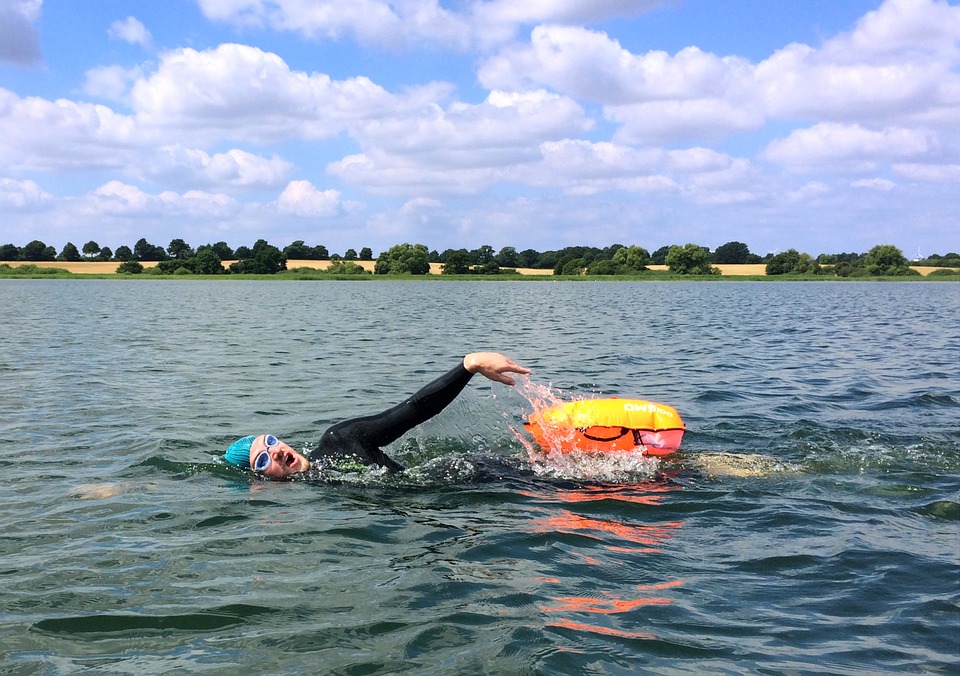
Within four months of weekly swimming and careful reduction of medication, Sarah was rid of both her symptoms and her drugs. One theory behind the effectiveness of cold water swimming says that because cold temperatures activate a stress response in the body, the body adapts and becomes habituated to it over time. This habituation may also help to calm responses to everyday stressors such as traffic, exams or confrontations with a boss.
Cold also may work as an anti-inflammatory agent and help restore the body to health. Exercise, in general, is known to reduce symptoms of depression in mild to moderate cases and being outdoors has also been cited as part of a natural cure. Swimming in bodies of cold water combines all three of these factors, but more study needs to be done before the benefits could be extrapolated to a larger group of patients.
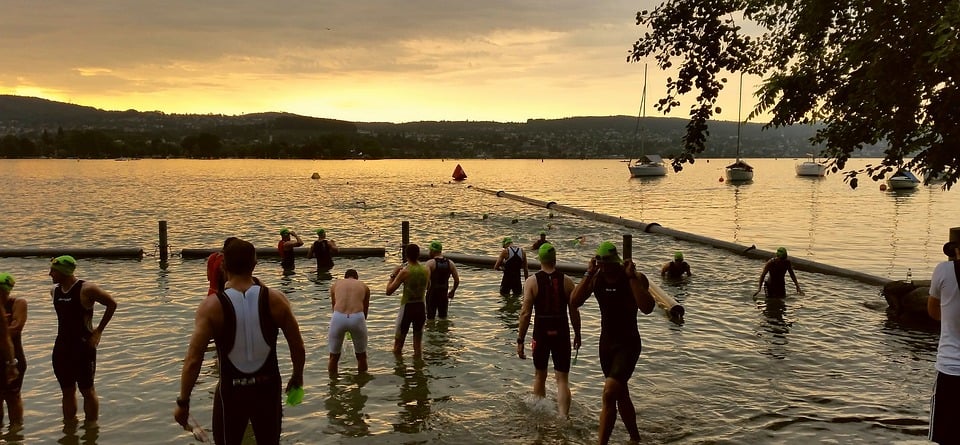
If you decide to pursue cold water swimming for exercise or treatment, certain safety precautions must be observed. Swimmers should:
Sources:
JOHNSON, S. (2018). How swimming in cold water could treat depression. [online] Big Think. Available at: https://bigthink.com/cold-water-swimming-treatment-depression
Liverpool, L. (2018). Could cold water swimming help treat depression?. [online] The Guardian. Available at: https://www.theguardian.com/science/blog/2018/sep/13/could-cold-water-swimming-help-treat-depression
.jpeg)
The Most Important Sport Isn’t Played. It’s Learned—in the Water. {% video_player "embed_player" overrideable=False, type='hsvideo2',...
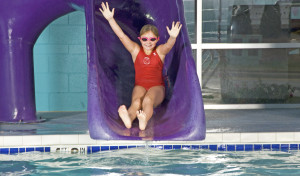
Now that summer is in full swing that means more time at the beach and pools! Whether your family has an exciting vacation planned, or simply day...
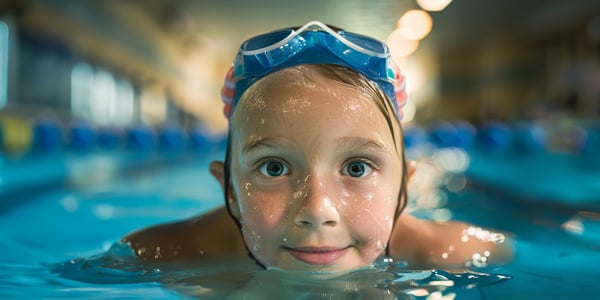
Learning to swim goes beyond just water safety—it can also enhance your child's cognitive development! Swim lessons offer your child a great mix of...

Visit our Water Safety Blog for expert advice, family tips, and more!